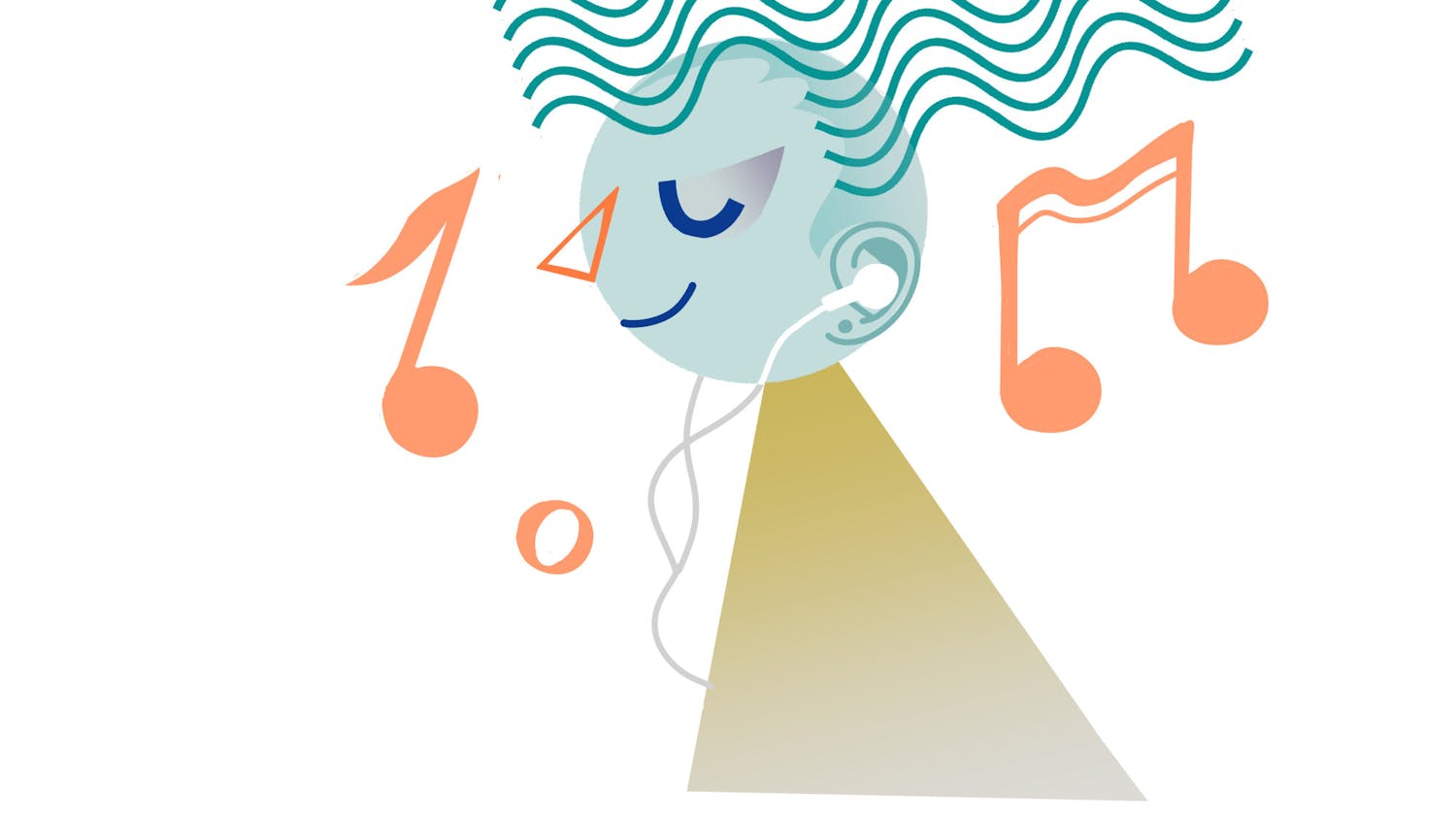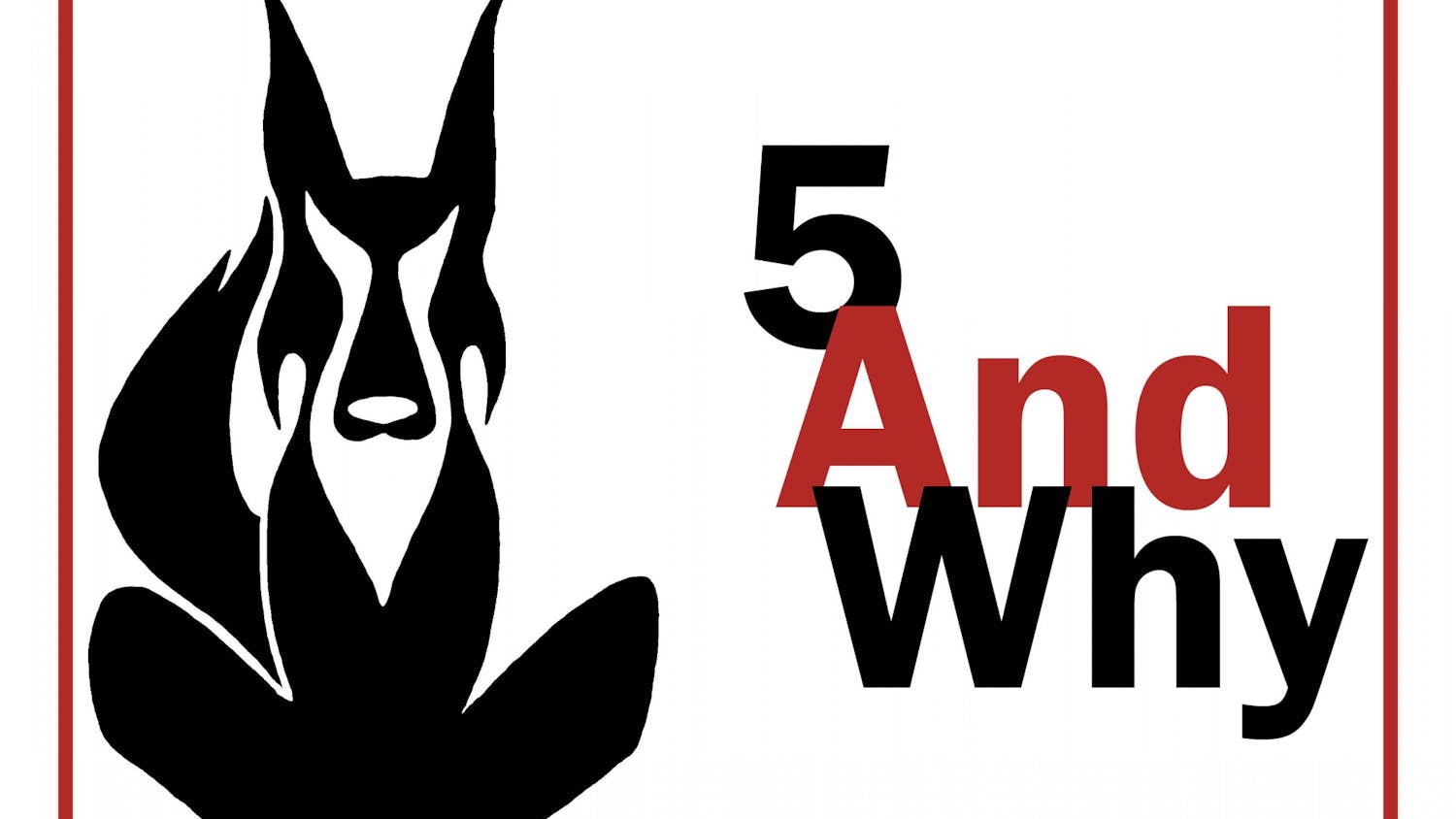Two-inch margins. 13-point font. Your fifth dead grandmother in three months. Plagiarism so obvious that you didn’t bother to change the font or diction when pasting it in.
Cheating on tests by pretending to stretch while your eyes dart over someone else’s paper. Pretending to have never gotten an email I’ve talked about repeatedly in class and getting angry when I reference the schedule I gave you on the first day for why I won’t take your paper a month late. Offering me a bribe to pass instead of doing the work. Wadding your homework up and throwing it at me. Doodling the word ‘bitch’ over and over on your paper, which I see as I pass you to write on the other board.
Using group work to talk about how ‘lame’ you think I am, despite my asking you to stop using that word because it demeans people with disabilities, people in the same class as you.
I try to do my cursing away from undergraduates. I am not always successful. Sitting at my monitor at home, I chew through three languages worth of vulgarity until my partner leans over and says, “Seriously, step away from the screen. I can feel your blood boiling from here.”
People who have not taught often ask me why I care. Why would I take personally that students cheat in my class, and not just shrug it off as the cost of being a teacher?
I can answer that one quickly: Because it’s me, my class. Passing off something so obviously a cheat means that the student thinks I won’t care or won’t notice. It’s difficult not to be insulted by how stupid the student must think I am, or how little they must think that I care.
I also get angry because cheating is a symptom for something else.
Sometimes it’s a symptom of the student’s problems managing their time (so many things to do!); sometimes it’s a symptom of what the student believes is the norm in his or her experiences of education.
I hang out with a lot of teachers. When we talk about teaching, it’s always with a mix of pride and frustration. We mention our superstar moments, when someone understands a new concept, the expression on their face. We mention the ‘thank you’s,’ the moments when someone tells us what our classes meant to them.
The conversation always turns to cheating. The body language of everyone at the table changes. We wince, or look away. Sometimes, one of us will get angry enough to start cursing. We expected all or most of our students to want to learn, which is probably unrealistic. We expected to help students. We expected, foolishly, for our efforts to matter.
We end up discussing what to do with students. For the most part, the group I hang out with are realists. There are several high school teachers, a handful of TAs, a physicist, a post-doc or two, a technician, a few retirees and the occasional movie animator.
As far as I can tell, we agree that the school system in general is broken. A friend is fond of calling it the “no child left behind” problem: students who have little exposure to reading comprehension, who have been taught that memorization is how learning occurs.
Get content from The Daily Lobo delivered to your inbox
Some of these students are angered when they reach college.
Confused and frustrated by a way of learning that is radically different from the way they’ve previously learned, they tend to respond by believing that they’re not invited to participate in the system. They think I’m cheating them by demanding that they write or behave a certain way.
I have sympathy with this. Sometimes, it’s the only thing that allows me to be patient, even a little, with a paper when I read the various strategies students use to get around the requirements. I suppose I can’t insist that students have faith in me, or faith in the educational system, but I’d like to put it out there: The difference that undergraduates notice is not always intended to alienate them.
In my case, and the case of many of the teachers I know, it’s that we expect more participation than rote memorization. The professional world requires more participation and interaction than that, and learning itself requires more for retention. To put it another way, you lose what you don’t use.
Many teachers, myself included, fight a certain bitterness when we don’t get it. It’s not because we hate you, it’s because we are frightened for you and frustrated with the role we’re asked to fill: not participants, but teachers in a high school melodrama.
Embittered. Unable to comprehend students. Gatekeepers between students and happiness, which they couldn’t possibly get from learning.
Personally, I’m not fond of the costumes.





